| Name | Photo | Research |
|---|---|---|
| Shun Kajiwara | 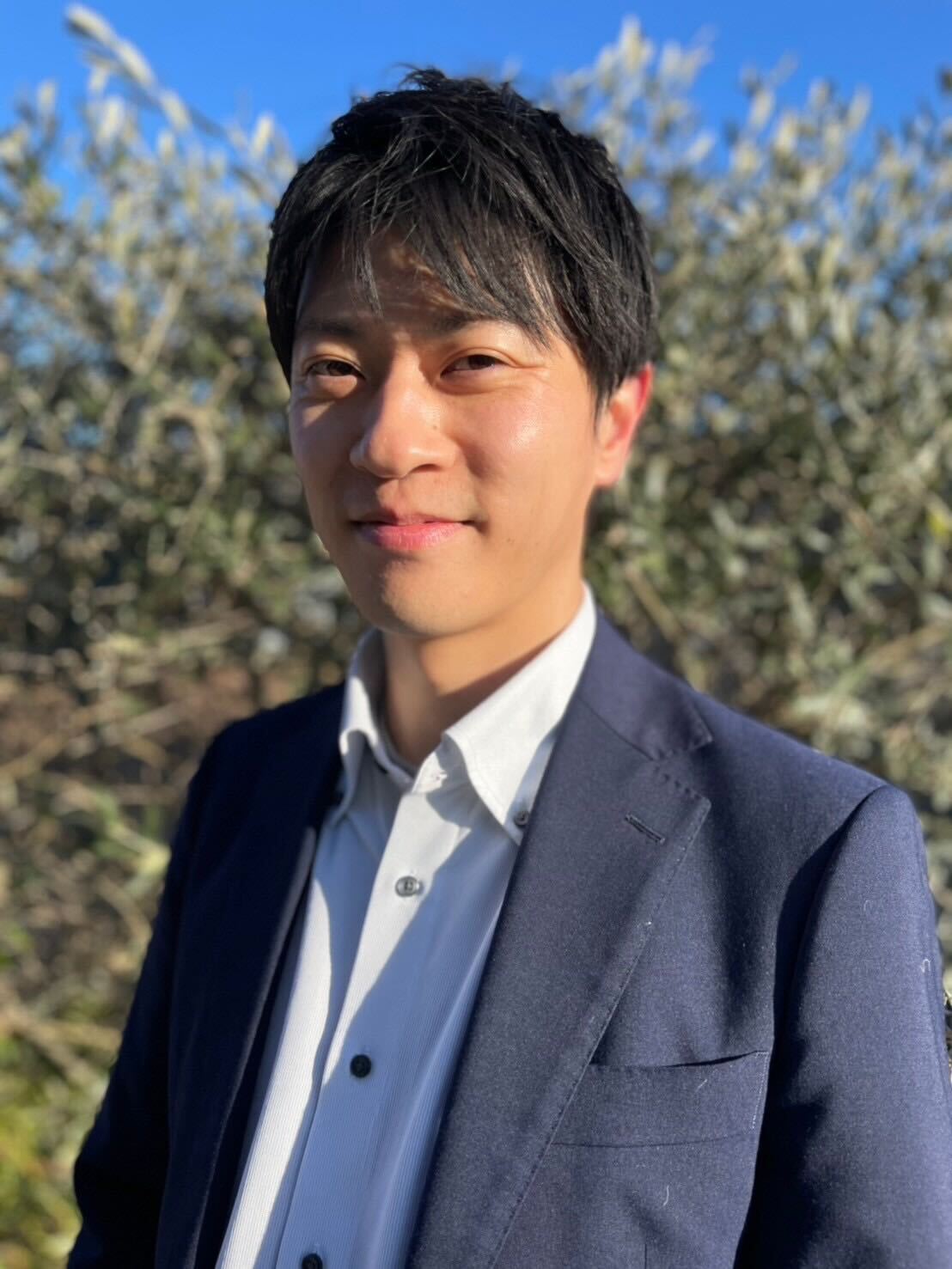 |
Shun Kajiwara is a doctoral student at Graduate School of education, Kyoto University. His main research area is American philosophy and its implication for education and human life, concentrating on the works of John Dewey. His recent publication is “Pedagogical Significance of Shunsuke Tsurumi’s “Marginal Art”: A Comparison With John Dewey’s “Aesthetic Experience”” in “Kyoto University Research Studies in Education”(『京都大学大学院教育学研究科紀要』), No. 70, pp. 247-260, 2024. His research interests are: Perception, Aesthetic Experience, and Functional Psychology.
Research Map: https://researchmap.jp/shun_kajiwara Mail: kajiwara.shun@osaka-shoin.ac.jp |
| Rina Kato | Rina Kato is a doctoral student at the Graduate School of Education, Kyoto University. Her research interests are the power, the authority and the otherness in educational relationship. She is primarily studying the works of Emmanuel Levinas. Her recent publication is “On the “Weight” of the Existence of Me: “Honte” in Levinas” in “Studies in the Philosophy of Education”(『教育哲学研究』), No. 124, pp.171-189, 2021. kato.rina.47n [at] st.kyoto-u.ac.jp |
|
| Shohei Matsuoka | 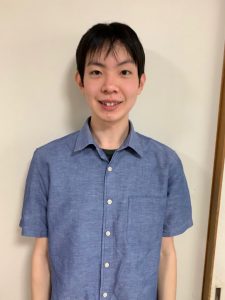 |
Shohei Matsuoka is a graduate student at the Graduate School of Education, Kyoto University. His main research is the philosophy of education. His recent research topic is “Why people are attracted to education?”. He tries to pursue this topic based on the philosophy of John Dewey. He has also an interest in the Kyoto school (especially Kitaro Nishida, Motomori Kimura). 松岡昌平 卒業論文:「アトラクションとしての教育ーデューイ教育思想における探究の変容ー」 matsuoka.shohei.38e@st.kyoto-u.ac.jp |
| Genta Yamamoto | 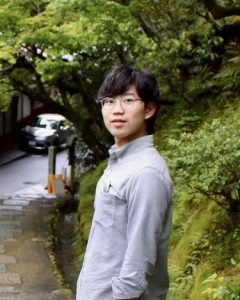 |
Genta YAMAMOTO is a doctoral student at the Graduate School of Education, Kyoto University and is also working as a Kyoto University Graduate Division Fellow. His research area is in philosophy of education, based on contemporary French philosophy (existentialism, ontology, post-structuralism). He is particularly interested in Jean-Luc Nancy’s philosophy and his notion of ‘éducation’ which enables one’s self to become singular through encountering the plurality of the others. He is also interested in media studies and the kind of praxis for this ‘éducation’ within ‘media’ (language, body).
yamamoto.genta.84x@gmail.com |
| Mitsuomi Imamura | 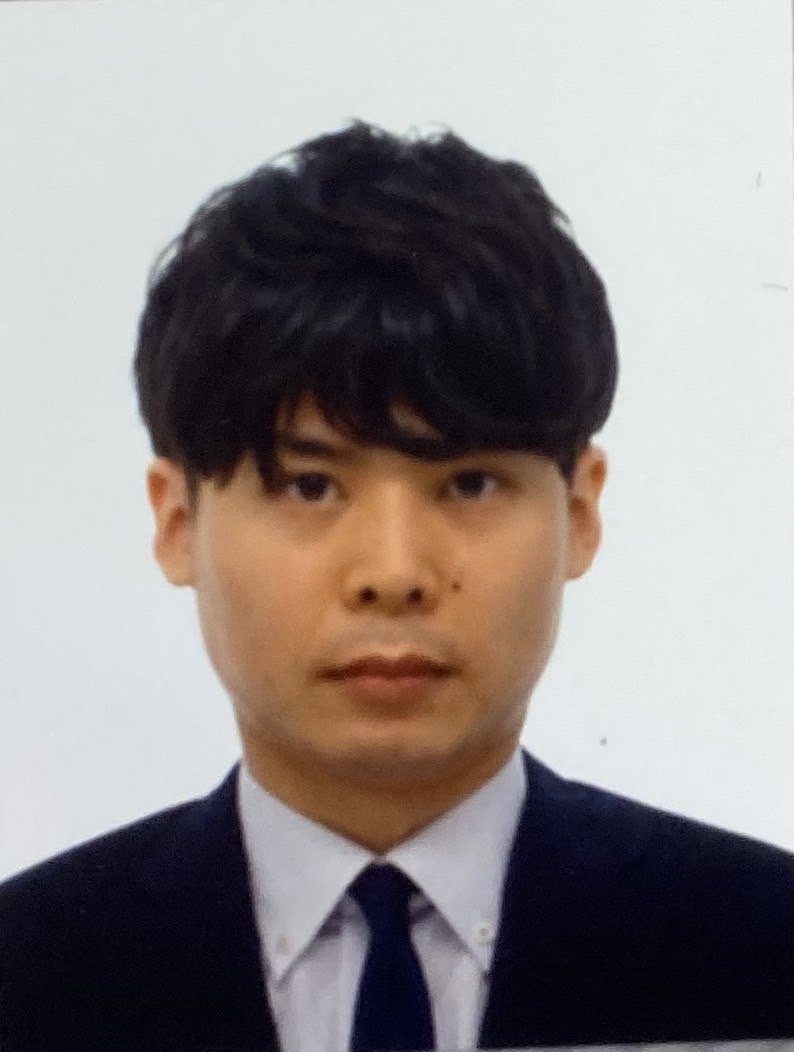 |
Mitsuomi Imamura is a doctoral student at the Graduate School of Education, Kyoto University. His research interests lie in human nature. He is studying Heidegger’s discussion of Logos, technology, and the difference between humans and animals in order to reconsider our human nature. His master’s thesis focused on Heidegger’s idea of Paideia, based on Heidegger’s interpretation of Plato’s allegory of the cave. mail: imamuramitsuomi1999@gmail.com |
| Yuichiro Ikawa | 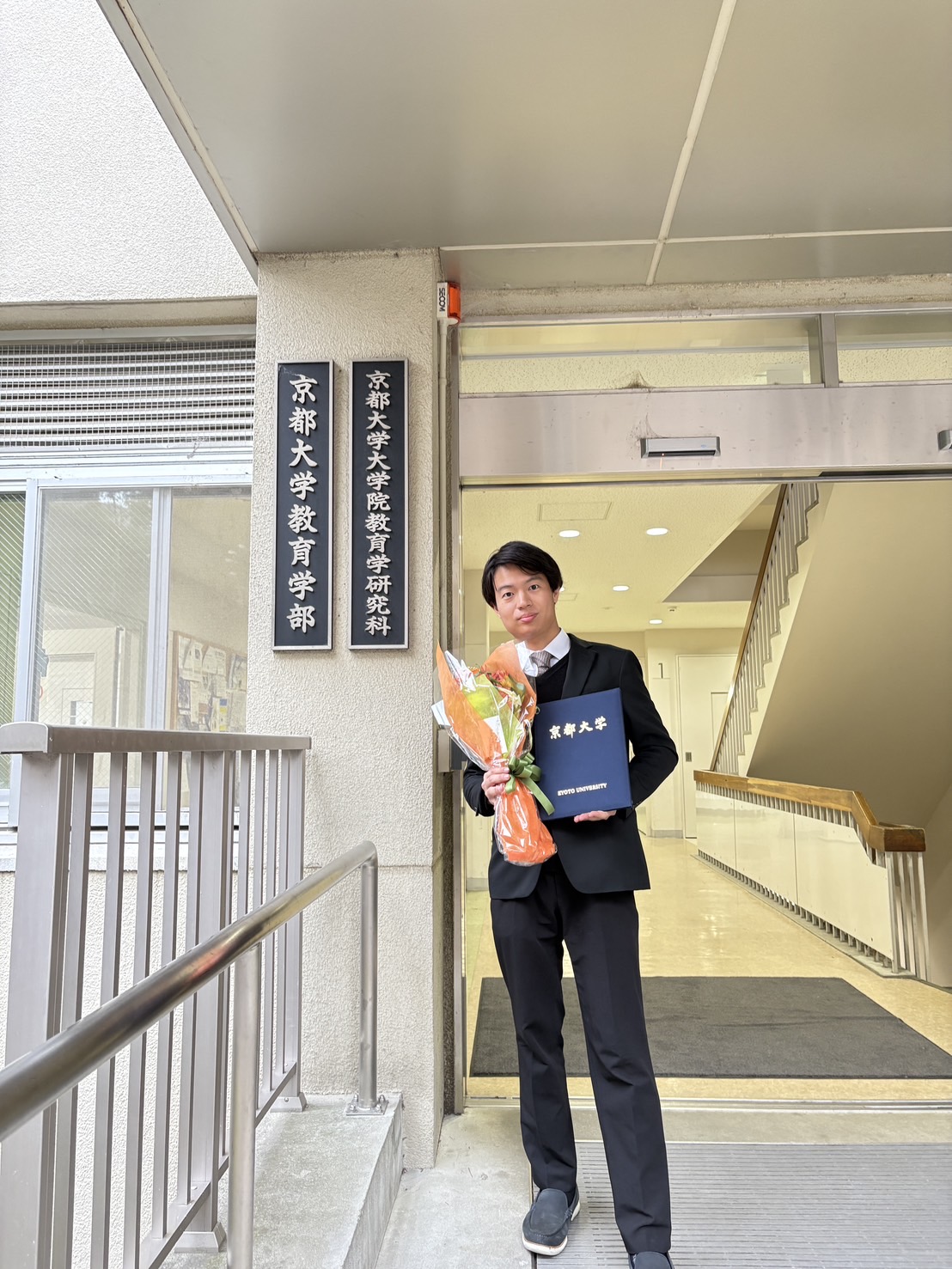 |
私は、分断が叫ばれる社会において、「利他」の心を育むこととはどのようなことか関心を持っています。とりわけ、絶対的な善や全体性といった規範にとらわれない人間関係の中で自分なりの答えを探していく利他教育の可能性に注目しています。また、急速に社会に台頭する生成AI時代の中で、「何を」教えるかにも焦点を当てています。人間にしかできない営みとは何か、教育とは何を伝えうるのかといった問いを探求します。その理論的手がかりとして、スタンリー・カベルの“acknowledgmentの概念を援用します。理論と実践の往還を通して、既存の教育を揺さぶり新たな教育にアプローチしていくことを目指します。
I am deeply interested in what it means to cultivate a spirit of altruism in a society marked by increasing division. In particular, I focus on the potential of altruistic education that encourages individuals to search for their own answers within interpersonal relationships, without relying on absolute notions of good or totalizing norms. In our current era, shaped by the rapid rise of generative AI, I also turn my attention to the question of what education should teach. I explore what kinds of practices remain uniquely human and what, if anything, can truly be conveyed through education. As a theoretical anchor for this inquiry, I draw on Stanley Cavell’s concept of “acknowledgment”, which emphasizes responsiveness and the moral complexity of human encounters. Through a continuous exchange between theory and practice, I aim to challenge conventional educational frameworks and approach new possibilities for education. |
| Yan Shuning |  |
Yan Shuning(えんしょうねい)は、京都大学大学院教育学研究科の修士1年生で、臨床教育学を専攻している。現在、R.W.エマソンとスタンリー・カヴェルに関する研究を行っている。研究課題は「なぜ現代の若者たちはambition/aspirationを持たなくなっているのか?」という問いにある。この現代的な社会問題を考察するために、エマソンの「反発的思考(aversive thinking)」の概念と、アメリカのカウンターカルチャーであるヒッピーの哲学を手がかりにしようとしている。研究の目的は、「反抗の精神」を再考し、ambition/aspirationの意味を再定義することである。
Yan Shuning is a first-year graduate student of the Faculty of Education, Kyoto University, specializing in clinical pedagogy. Currently researching R.W. Emerson and Stanley Cavell. Her research question explores why young people today seem to lack ambition/ aspiration. She aims to apply Emerson’s concept of “aversive thinking” and the philosophy of the American counterculture, particularly that of the Hippies, to examine this contemporary social issue. Her goal is to reconsider the spirit of rebellion and to redefine the concepts of “ambition/aspiration.” |

